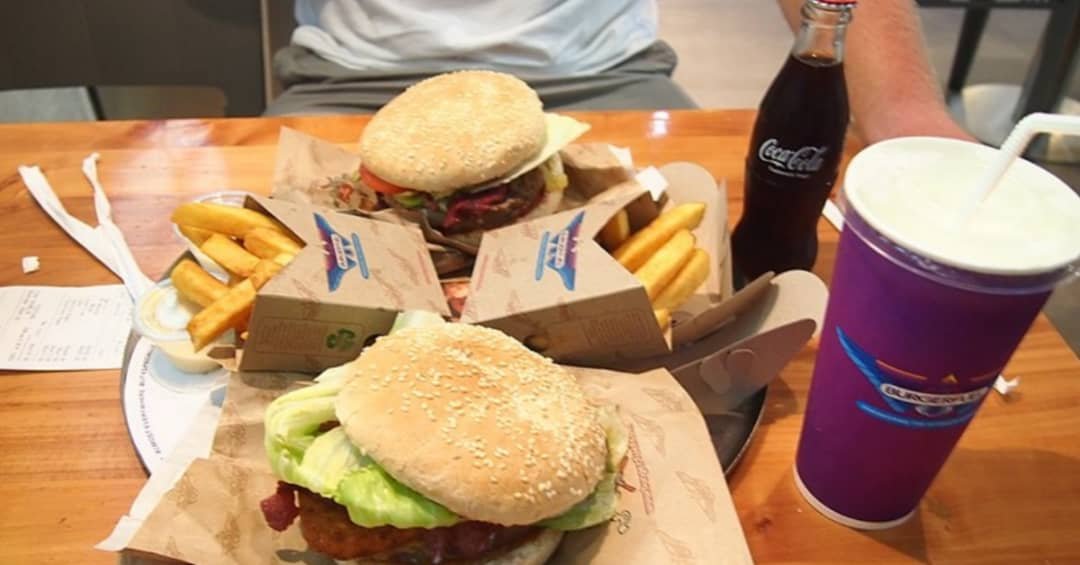
Table of Contents
Arthritis has no cure but the symptoms are managed by various medical and non-medical means. Some foods may worsen the symptoms due to their tendency to worsen the inflammation associated with arthritis. Inflammation is common among all the various types of arthritis so these foods affect them equally.
You may call them bad foods for arthritis because they are known to increase inflammation and pain. Knowing these foods may help you understand unexplained arthritis flares they may be responsible for and better manage your symptoms. Avoiding them offers no cure but may contribute to reduced severity of symptoms.
14 top bad foods for arthritis.
Here is a list of foods that may add to worsened arthritic symptoms. Most of them do this by worsening the inflammation associated with arthritis.
1. Gluten: This is a sticky protein found in Barley, wheat, Malt, triticale, etc. Gluten is a known cause of joint inflammation so foods containing it may have to be avoided for you to better cope with your symptoms.
2. Fried foods: Frying is a quick way of preparing foods and fried foods taste a whole lot better. However, under high heat, there occurs what we call the Maillard reaction during which advanced glycation end (AGE) products are formed in these foods. This reaction occurs between proteins and reducing sugars contained in fried foods as has also been stated in a publication in the National Library of Medicine by the American Journal of Lifestyle Medicine.1
AGEs damage proteins in the body so the immune system tries to destroy them by producing cytokines. It’s the cytokines that are responsible for inflammatory reactions that worsen symptoms of arthritis.
3. Grilled foods: This also enables or worsens inflammation associated with arthritis following a similar process as fried foods.
4. Foods with additives: Research2 has found food additives like manufactured citric acids (MCA) result in inflammatory responses in the body which worsen the symptoms of diseases like arthritis, according to a scholarly Journal on Toxicology Reports.
5. Refined sugars and carbs: These are notorious for increasing your weight which puts more stress on arthritic joints. This situation gives rise to increased symptoms as there will be a higher frequency and severity of arthritic flares. These could also encourage the growth of breast cancer or cervical cancers.
6. Alcohol: A study 3published in the Official Journal of the American College of Rheumatology, has linked alcohol to markers of inflammation in Rheumatoid arthritic patients even before symptoms become evident. It’s when consumed in excess alcohol becomes detrimental to arthritic patients. Low to moderate alcohol consumption presents no problems.
7. Red meats: Research has shown there is no association between dietary protein and red meats with the risk of RA. However, according to a publication 4in the Proceedings of the National Academy of Sciences (PNAS) of the US, its consumption is associated with chronic inflammation which could worsen arthritic symptoms in sufferers due to its saturated fat content.
8. Processed meats: Research 5published in the Journal of Agricultural and Food Chemistry shows processed meat protein increases hepatic lipogenesis and inflammation.
9. Omega-6 fatty acids-rich foods: Research 6has shown this to be a precursor of several pro-inflammatory mediators. The ratio of omega-6 to omega-3 fatty acids is hugely important in this regard. Foods with more omega-6 fatty acids than omega-3 favor joint inflammation which increases the severity of symptoms of arthritis.
10. Sweeteners: Though sweeteners can improve insulin sensitivity, 7according to the Journal of the Federation of American Societies for Experimental Biology (FASEB), in diabetics, they are also known to mediate pro-inflammatory changes, 8particularly in individuals who are susceptible to chronic inflammatory disorders. The effect of these artificial sweeteners depends on the genetic factors of an individual, the dosage, and the type of sweetener.
11. Smoking or tobacco: Smoking not only impairs the potency of the treatment given in rheumatoid arthritis but results in higher inflammatory markers according to a study published in the Journal of Arthritis Research and Therapy. Staying away from smoking is important to the management of the disease.
12. Monosodium glutamate (MSG): Though it has found acceptance as a flavoring agent, it is also known to be a mediator of chronic inflammation 9in addition to obesity as published in the Journal of Basic and Clinical Pharmacology and Toxicology (BCPT).
13. Dairy: They include milk, cheese, and yogurt. These contain nutrients the body needs for strong and healthy bones but milk is known to have casein. According to research, published in the Journal of Expert Opinion on Therapeutic Targets, casein is a known aggravating factor in the progression of arthritis.
Do keep in touch by subscribing to our newsletter:
14. Coffee: It is believed consumption of coffee may be a risk factor in rheumatoid arthritis by contributing to the production of rheumatoid factors according to research published in the Annals of the Rheumatic Diseases. Additionally, decaffeinated coffee has also been associated with the onset of rheumatoid arthritis according to a study in the Official Journal Of American College of Rheumatology.
Foods that have been proven not to be as bad as once believed.
A couple of foods previously thought to worsen the symptoms of arthritis have been disputed. The most significant is that of nightshade vegetables. It has not only been argued that these claims are baseless but that some of these vegetables have anti-inflammatory actions according to a study.
What foods are bad for inflammatory arthritis?
Inflammation is a common clinical symptom of arthritis in general. Therefore, you would expect any food that triggers or aids inflammation to be bad for sufferers of the condition. Certain foods are known to encourage some kind of systemic inflammation in the body or initiate the release of substances like cytokines that worsen the symptoms of arthritis.
What foods are bad for rheumatoid arthritis?
Rheumatoid arthritis is characterized by systemic or body-wide inflammation. Foods that typically encourage inflammation are bound to worsen the symptoms of this disease. They include all of the foods or foods containing certain substances as listed earlier like:
- Fried foods,
- Processed meat,
- Dairy products,
- Red meats,
- Alcohol,
- Foods rich in omega-6 fatty acids,
- Coffee,
- Refined sugars, and
- Foods containing monosodium glutamate (MSG).
What foods are bad for psoriatic arthritis?
Psoriatic arthritis has quite some differences from rheumatoid but they share some similarities especially in systemic inflammation because they are both autoimmune diseases. In other words, you’ll expect the same foods that worsen the symptoms of rheumatoid arthritis to have the same effect on psoriatic arthritis. These are fried foods, refined sugar, processed meats, etc.
Are tomatoes bad for arthritis?
A study 10still classifies tomatoes as one of the foods you shouldn’t take if you have arthritis, many other studies have found no link between tomatoes and worsening symptoms of arthritis. In another study, published as an article on Immunopharmacology and Immunotoxicology, it is believed to be beneficial as a result of the anti-inflammatory and antioxidant effects of lycopene which it contains.
Is milk bad for arthritis?
Milk as a dairy product is among the foods you are advised to take with caution if you have arthritis. This is because it contains casein which is believed to aid the progression of arthritis as stated in a study. This caution also extends to dairy products like yogurt and cheese.
The effect of milk consumption depends on the type of arthritis and gender. It is beneficial in slowing down the progression of osteoarthritis in women but not in men.
Are bananas bad for arthritis?
Not at all. Research has proven that foods containing antioxidants and anti-inflammatory compounds are great for relieving the symptoms of arthritis. This is why Bananas are a great choice if you have arthritis.
It is also rich in potassium and magnesium which not only reduce arthritic pains but boosts the anti-inflammatory properties of the fruit.
- Prasad, C., Davis, K. E., Imrhan, V., Juma, S., & Vijayagopal, P. (2019). Advanced Glycation End Products and Risks for Chronic Diseases: Intervening Through Lifestyle Modification. American Journal of Lifestyle Medicine, 13(4), 384-404. https://doi.org/10.1177/1559827617708991 ↩︎
- Sweis, I. E., & Cressey, B. C. (2017). Potential role of the common food additive manufactured citric acid in eliciting significant inflammatory reactions contributing to serious disease states: A series of four case reports. Toxicology Reports, 5, 808-812. https://doi.org/10.1016/j.toxrep.2018.08.002 ↩︎
- Lu, B., Solomon, D. H., Costenbader, K. H., Keenan, B. T., Chibnik, L. B., & Karlson, E. W. (2010). Alcohol consumption and markers of inflammation in women with preclinical rheumatoid arthritis. Arthritis & Rheumatism, 62(12), 3554-3559. https://doi.org/10.1002/art.27739 ↩︎
- Samraj, A. N., Pearce, O. M., Läubli, H., Crittenden, A. N., Bergfeld, A. K., Banda, K., Gregg, C. J., Bingman, A. E., Secrest, P., Diaz, S. L., Varki, N. M., & Varki, A. (2015). A red meat-derived glycan promotes inflammation and cancer progression. Proceedings of the National Academy of Sciences, 112(2), 542-547. https://doi.org/10.1073/pnas.1417508112 ↩︎
- Muhammad Ijaz Ahmad, Xiaoyou Zou, Muhammad Umair Ijaz, Muzahir Hussain, Congcong Liu, Xinglian Xu, Guanghong Zhou, and Chunbao Li. Processed Meat Protein Promoted Inflammation and Hepatic Lipogenesis by Upregulating Nrf2/Keap1 Signaling Pathway in Glrx-Deficient Mice.
Journal of Agricultural and Food Chemistry
2019 67 (32), 8794-8809
DOI: 10.1021/acs.jafc.9b03136. https://pubs.acs.org/doi/abs/10.1021/acs.jafc.9b03136 ↩︎ - Innes, J. K., & Calder, P. C. (2018). Omega-6 fatty acids and inflammation. Prostaglandins, Leukotrienes and Essential Fatty Acids, 132, 41-48. https://doi.org/10.1016/j.plefa.2018.03.004 ↩︎
- Valle, M., St-Pierre, P., Pilon, G., Anhê, F. F., Varin, T., & Marette, A. Effects of various natural sweeteners on insulin resistance, inflammation and liver steatosis in a rat model of diet-induced obesity. The FASEB Journal, 30, lb650. https://doi.org/10.1096/fasebj.30.1_supplement.lb650 ↩︎
- Basson, A. R., & Cominelli, F. (2021). Artificial Sweeteners: History and New Concepts on Inflammation. Frontiers in Nutrition, 8, 746247. https://doi.org/10.3389/fnut.2021.746247 ↩︎
- Roman-Ramos, R., Almanza-Perez, J. C., Garcia-Macedo, R., Blancas-Flores, G., Fortis-Barrera, A., Jasso, E. I., Garcia-Lorenzana, M., Campos-Sepulveda, A. E., Cruz, M., & Alarcon-Aguilar, F. J. (2011). Monosodium Glutamate Neonatal Intoxication Associated with Obesity in Adult Stage is Characterized by Chronic Inflammation and Increased mRNA Expression of Peroxisome Proliferator-Activated Receptors in Mice. Basic & Clinical Pharmacology & Toxicology, 108(6), 406-413. https://doi.org/10.1111/j.1742-7843.2011.00671.x ↩︎
- Masud Parvez, G., & Akanda, K. M. (2018). Foods and Arthritis: An Overview. Bioactive Food as Dietary Interventions for Arthritis and Related Inflammatory Diseases (Second Edition), 3-22. https://doi.org/10.1016/B978-0-12-813820-5.00001-5 ↩︎

























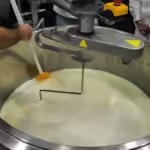

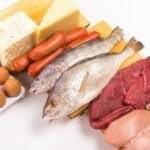
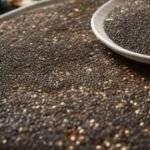
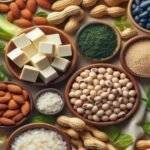
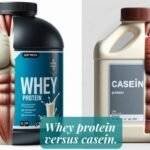











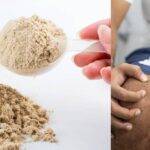





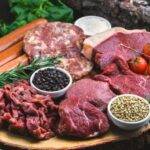

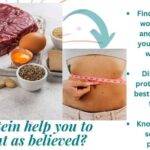




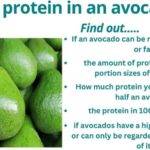
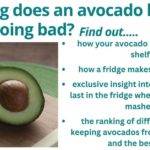
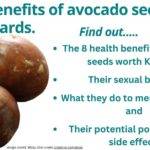


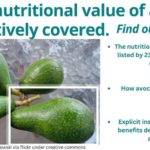
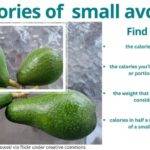
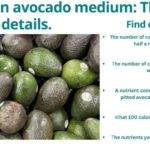
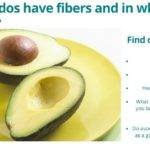
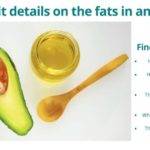

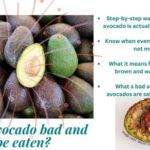

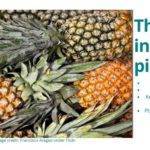










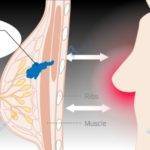
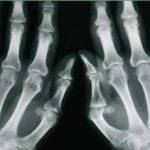
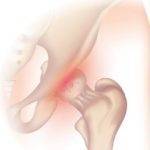








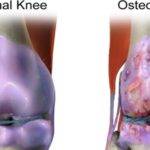


















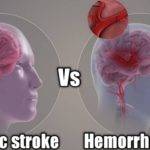



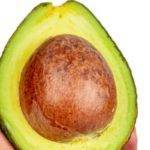
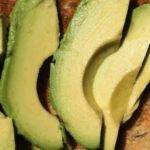










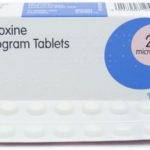


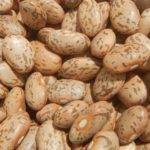
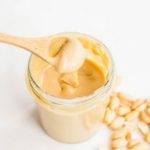













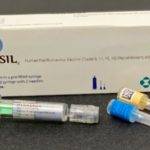








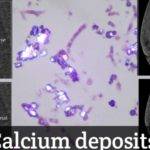


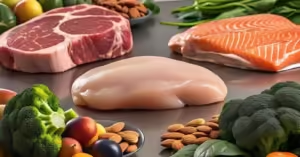

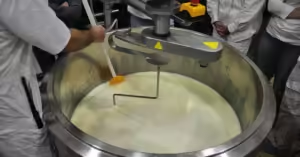

Quite informative.